This is Space Shuttle Discovery being hauled to its launch pad at Kennedy Space Center in Florida. It is being carried by a gigantic Crawler-Transporter vehicle.
Click on image for full size
Image courtesy NASA.
First Space Shuttle Launch Since 2003
News story originally written on July 13, 2005
NASA is getting ready to launch a space shuttle for the first time in more
than two years. The shuttle Discovery is set to blast off on Wednesday, July
13, 2005. The space shuttle fleet has been grounded since February 2003, when
the shuttle Columbia was destroyed while re-entering Earth's atmosphere.
NASA has made many changes to the shuttle since Columbia was lost to make
the spacecraft safer. The seven astronauts on this new mission will test many
of the new safety equipment. The shuttle has a new robot arm with cameras that
will help astronauts inspect the shuttle while it is in space. If they find
any problems, there are new repair kits that NASA hopes the astronauts can
use to fix any damage they spot.
Discovery will also take food and other supplies to the International
Space
Station (ISS). This mission is supposed to last 12 days. If the shuttle can't
be launched on Wednesday, NASA has until the end of July to try the launch
again. Hopefully Discovery will have a safe blast-off, mission, and landing!
You might also be interested in:
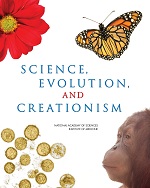
How did life evolve on Earth? The answer to this question can help us understand our past and prepare for our future. Although evolution provides credible and reliable answers, polls show that many people turn away from science, seeking other explanations with which they are more comfortable.
...more
We at Windows to the Universe are deeply saddened by the deaths of the Mission STS-107 astronauts, who tragically lost their lives on Saturday February 1, 2003 when the Space Shuttle Columbia broke apart
...more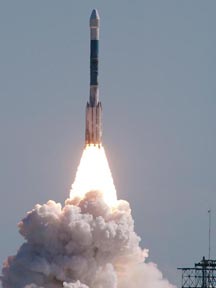
A rocket carrying NASA's Deep Impact spacecraft blasted off on January 12, 2005. Deep Impact will study a comet. Deep Impact has two parts. One part will fly by the comet. The other part, called an "impactor",
...more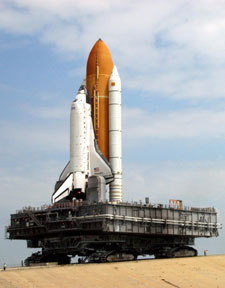
NASA is getting ready to launch a space shuttle for the first time in more than two years. The shuttle Discovery is set to blast off on Wednesday, July 13, 2005. The space shuttle fleet has been grounded
...more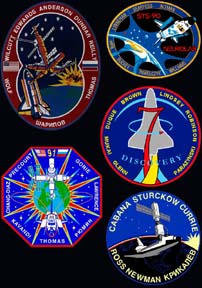
1998 was a very full year when it came to space exploration and history making. In the blast-from-the-past department, John Glenn received another go for a launch aboard Space Shuttle Discovery. After
...more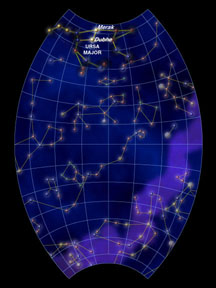
Something new and exciting is happening at Windows to the Universe! Windows scientists say they discovered twelve new stars, including one that is the second brightest in the night sky! They decided to
...more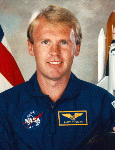
The following is Andy Thomas's last letter to those on Earth. The subject -- a view from space...As I have orbited around the Earth, I have spoken to many amateur radio operators as well as television
...more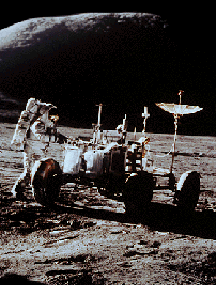
A memorial service in honor of Alan Shepard is scheduled for August 1st in Houston, Texas. Shepard died Tuesday, July 21, at the age of 74. "Alan Shepard is a true American hero, a pioneer, an original.
...more














